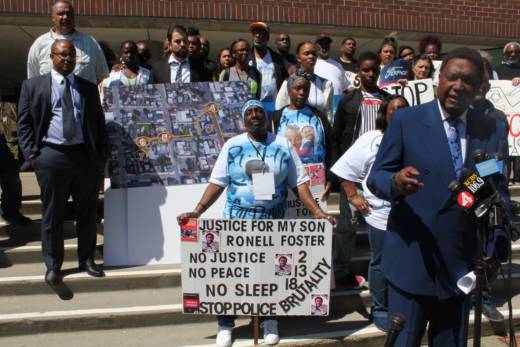In February, Vallejo police officers shot a young black man 55 times after he was found unconscious in his car. Another was killed last year after an officer tried to stop him for riding a bike without a safety light. Fatal police shootings of Black and Latino men are drawing attention to the small, diversely-populated suburb of Vallejo, which has been largely ignored by most media and activists, until recently. There are protests and lawsuits; there are calls for investigations and resignations.
In a three-episode series starting Monday, The Bay will take you into the homes of families who have lost loved ones to fatal shootings by Vallejo police. We will visit contentious council meetings and examine how the city found itself in this situation — again.
The episodes will be released on August 19, August 21 and August 23.
Subscribe to The Bay to hear more local, Bay Area stories like this one. New episodes are released Monday, Wednesday and Friday at 3 a.m. Find The Bay on Apple Podcasts, Spotify, Stitcher, NPR One, or via Alexa.

